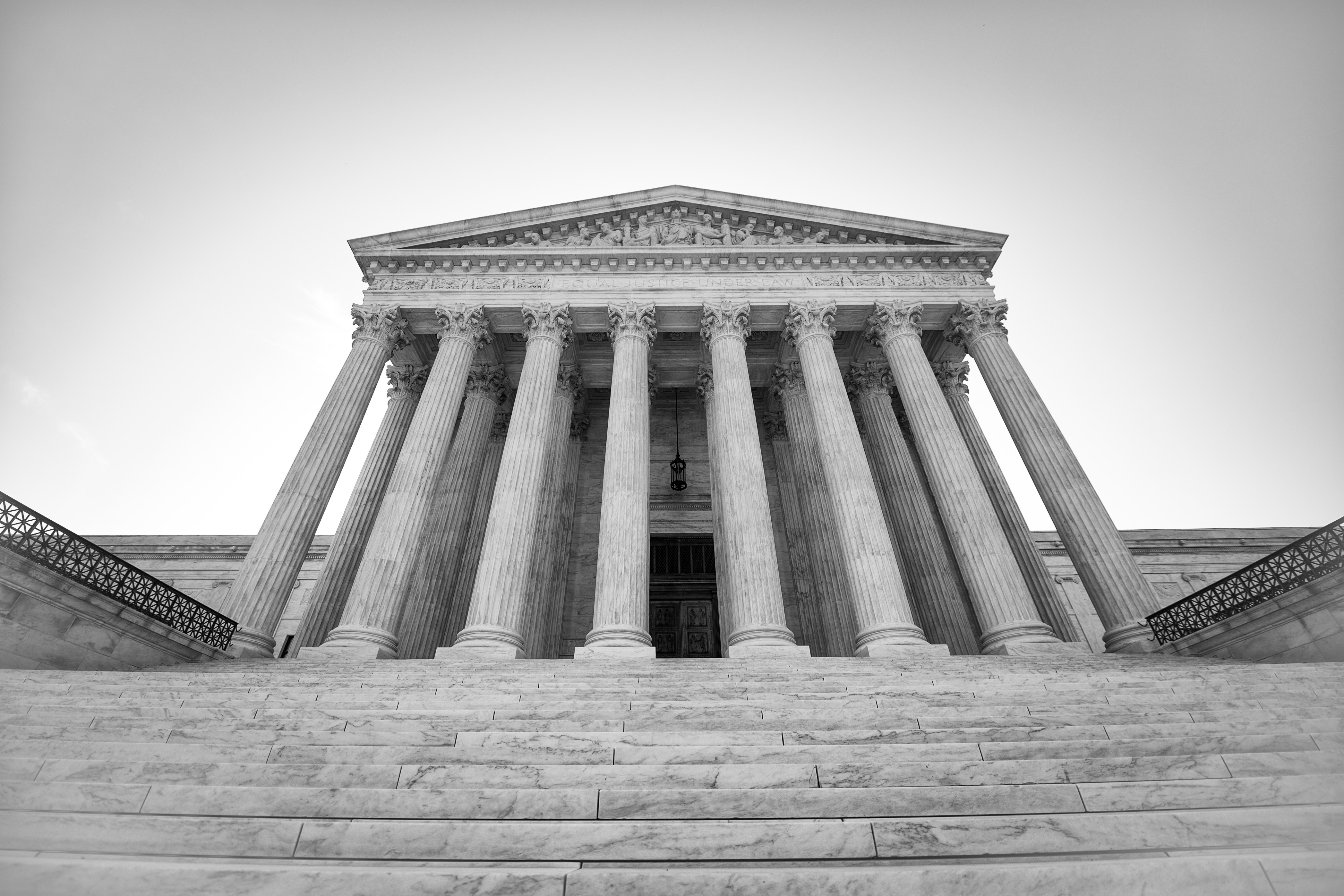
25 Jun Supreme Court ignores racial bias in Texas gerrymandering case
NEVADA – Today, the Supreme Court issued its decision in Abbott v. Perez, a racial gerrymandering case from Texas. In light of last week’s decisions in Gill v. Whitford and Benisek v. Lamone, redistricting advocates waited in suspense to hear the Court’s opinion on whether Texas had gerrymandered its State House and congressional districts to the detriment of African American and Latino residents. In today’s 5-4 decision, the Court held that Texas’ districts were lawful, with just one exception. Justice Sonia Sotomayor delivered a heated dissent, stating that, “The Court today goes out of its way to permit the State of Texas to use maps that the three-judge District Court unanimously found were adopted for the purpose of preserving the racial discrimination that tainted its previous maps”.
Will Pregman, Lead Organizer with the Nevadans for Judicial Progress coalition said of today’s decision: “It’s disappointing that SCOTUS chose to ignore all of the lower court’s’ findings, which ruled that the Texas legislature intentionally drew its congressional map to make the votes of African American and Latino voters count less. In 2013’s Shelby County v. Holder, the Voting Rights Act was defanged and made it more difficult to challenge unfair voting practices, especially in states with a history of discrimination. Now, the Court has made it even more difficult to prove discrimination. Judges and justices at every level of the federal judiciary must keep in mind the legacy of historical discrimination against African Americans and Latinos, particularly in the realm of voting, when evaluating cases like Abbott.”
About:
Abbott v. Perez concerns the 2011 redistricting plan adopted by the Texas legislature. The plan was tied up in Texas court due to allegations of racial gerrymandering and the plans were not given preclearance under the provisions of the Voting Rights Act. An interim map was used until 2013, when the legislature created a new map similar to the one ordered by the Texas court. After Shelby County v. Holder, Texas no longer had to comply with federal preclearance. The Texas court allowed the plaintiffs to amend their complaint about the new maps, which were reviewed again in 2017, leading to the case going all the way to the Supreme Court this term.
